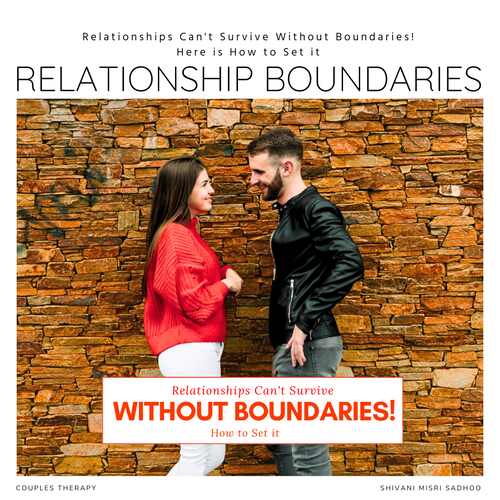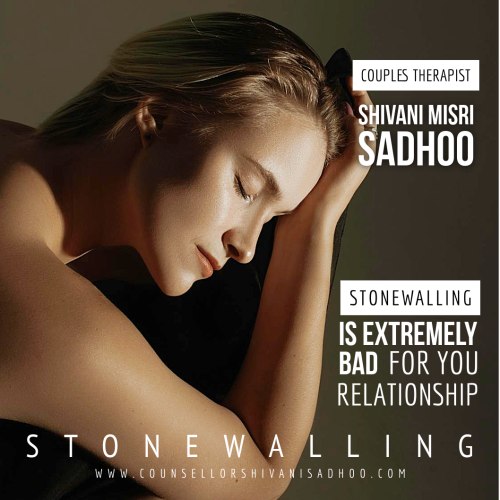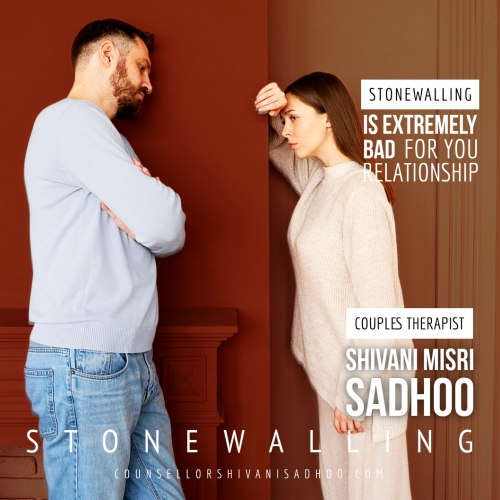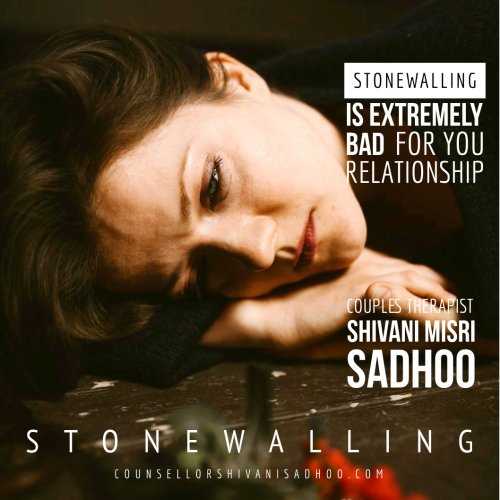Dating apps have changed how people in India meet and form relationships. What was once considered taboo is now widely accepted, especially among urban youth and working professionals. Apps like Tinder, Bumble, Hinge, and several Indian platforms promise convenience, choice, and compatibility.
However, along with opportunities for genuine connections, dating apps also carry serious risks. Being aware of common warning signs, potential dangers, and essential safety practices is crucial for anyone navigating online dating in India, says Shivani Misri Sadhoo who is an experienced couples and relationship counselor in Delhi, India.
Why Are Dating Apps in Demand in India?
Dating apps are growing rapidly in India due to changing social dynamics and digital accessibility. Young adults today value independence and prefer choosing their partners based on shared interests and personal compatibility rather than traditional matchmaking systems.
Another key factor is lifestyle change. Long working hours, remote jobs, and migration to new cities make it difficult to meet people organically. Dating apps provide a fast and convenient way to connect without relying on social circles.
Increased smartphone usage and affordable internet have also played a major role. Dating apps are no longer limited to metro cities; users from tier-2 and tier-3 cities are actively joining these platforms.
Lastly, dating apps offer flexibility and control. Users can decide whom to talk to, what information to share, and when to disengage, making online dating appealing to people who prefer privacy and autonomy.
Warning Signs and Dangers of Using Dating Apps in India
India’s leading couples therapist and relationship counsellor Shivani Misri Sadhoo, asks to watch out for these warning signs:
Fake Profiles and Catfishing
One of the most common risks on dating apps is encountering fake profiles. Scammers often use stolen or heavily edited photos and fabricate personal details to appear trustworthy. Over time, they build emotional connections and eventually ask for money, favors, or sensitive information.
Financial Fraud and Romance Scams
Financial scams are a serious issue in India. Fraudsters may pretend to be business professionals, army officers, or NRIs and lure users into fake investments or emergency money requests. Once emotional trust is built, victims often ignore red flags and suffer significant financial losses.
Emotional Manipulation and Harassment
Some users engage in emotional abuse through gaslighting, guilt-tripping, or pressuring matches for intimacy. Persistent messaging, controlling behavior, or pushing for explicit content are major warning signs. In extreme cases, private chats or photos may be used for blackmail or threats.
Physical Safety Risks
Meeting strangers offline carries real physical dangers. There have been reports of assault, stalking, extortion, and coercion after in-person meetings arranged via dating apps. Since most platforms do not conduct detailed background checks, users often have limited knowledge of a person’s true identity or intentions.
Privacy and Data Misuse
Sharing personal details too early can lead to privacy violations. Phone numbers, addresses, workplace information, or social media accounts can be misused for identity theft, cyberstalking, or long-term harassment.

Safety Tips for Using Dating Apps in India
Some of the best tips to follow for safety while using dating apps are:
Verify Profiles Carefully
Check for consistency in profile photos, bios, and conversation details. Profiles with very limited information or overly perfect images should be treated cautiously. Reverse image searches can help identify stolen pictures.
Never Share Financial or Sensitive Information
Avoid sharing bank details, OTPs, Aadhaar numbers, home addresses, or personal documents. No genuine match will ask for money or confidential information, especially in the early stages.
Use In-App Messaging
Stick to the app’s chat feature initially instead of shifting immediately to WhatsApp or Telegram. Dating apps provide reporting, blocking, and moderation tools that offer an extra layer of protection.
Meet Only in Public Places
For first meetings, choose well-lit, public locations such as cafés, restaurants, or malls. Inform a trusted friend or family member about your plans and avoid isolated or late-night meetups.
Trust Your Instincts
If someone rushes intimacy, avoids video calls, gives inconsistent stories, or makes you uncomfortable, disengage immediately. You do not owe politeness at the cost of your safety.
Stay Informed and Update Privacy Settings
Regularly review app privacy settings and stay aware of common online dating scams in India. Knowledge and awareness are your strongest defenses against misuse.
Dating apps can be a powerful tool for meeting new people, but they require caution and awareness. By understanding common dangers, recognizing warning signs, and following practical safety tips, users can enjoy online dating while protecting their emotional, financial, and physical well-being.
Smart decisions and strong boundaries are the key to safe and meaningful connections in the digital dating world.




























